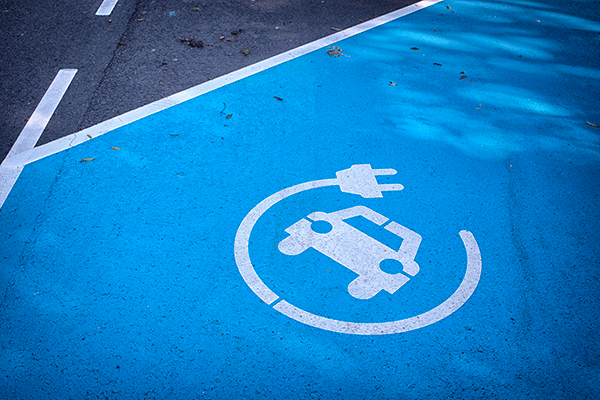 A new paper published in the Journal of The Electrochemical Society, “Mixed Conduction Membranes Suppress the Polysulfide Shuttle in Lithium-Sulfur Batteries,” describes a new battery membrane that makes the cycle life of lithium-sulfur batteries comparable to their lithium-ion counterparts.
A new paper published in the Journal of The Electrochemical Society, “Mixed Conduction Membranes Suppress the Polysulfide Shuttle in Lithium-Sulfur Batteries,” describes a new battery membrane that makes the cycle life of lithium-sulfur batteries comparable to their lithium-ion counterparts.
The research, led by ECS Fellow Sri Narayan, offers a potential solution to one of the biggest barriers facing next generation batteries: how to create a tiny battery that packs a huge punch.
Narayan and Derek Moy, co-author of the paper, believe that lithium-sulfur batteries could be the answer.
The lithium-sulfur battery has been praised for its high energy storage capacity, but hast struggled in competing with the lithium-ion battery when it comes to cycle life. To put it in perspective, a lithium-sulfur battery can be charged between 50 and 100 times; a lithium-ion battery lasts upwards of 1,200 cycles.
To address this issue, the researchers devised the “Mixed Conduction Membrane” (MCM).


 In 2005, the number of electric vehicles on the road could be measured in the hundreds. Over the years, researchers have made technological leaps in the field of EVs. Now, we’ve exceeded a global threshold of
In 2005, the number of electric vehicles on the road could be measured in the hundreds. Over the years, researchers have made technological leaps in the field of EVs. Now, we’ve exceeded a global threshold of